07.11.2023 | Case | Eastern Europe | Energy Efficiency | Ukraine
With grant support from E5P, a loan from Nefco and technical assistance from Sweden, the city of Chernivtsi implemented much-needed energy efficiency measures in 16 schools, 15 daycare centres, and 2 healthcare institutions. From 2018 to 2022, the buildings underwent capital renovation, including thermal modernisation of the buildings’ envelopes and replacement of the heating systems, with an additional grant provided to one more facility due to be completed in September 2024.
Read the case story in Ukrainian
Chernivtsi, located in the southwest of Ukraine, stands as one of the region’s main cultural centres. Situated a mere 40 kilometres from the Romanian border, this city boasts a population of around 260,000. Thanks to its magnificent historical architecture, the city centre has earned a well-deserved spot on the UNESCO World Heritage List.
Over the years, Chernivtsi faced a challenge of excessive budget expenditures to maintain and provide utility services to its public buildings. Most of these structures were built between the 1950s and the 1980s, and some architectural landmarks even date back to before 1940. Energy audits conducted in Chernivtsi highlighted significant energy overconsumption in public buildings compared to national standards. Decades of neglect, including a lack of facade and roof repairs, as well as worn out windows and doors, resulted in substantial heat loss. These issues led to indoor temperatures dropping to as low as 15–17°C, coupled with drafts and poor air quality, creating uncomfortable conditions for occupants.
Improvements resulted in:

39%
energy savings

40,800
benefitted citizens

€1.73m
estimated savings annually to municipal budget

19/22°C
comfortable temperature range
Call for green action
Construction began in 2018 and almost all work was completed by 2022. In total, 33 facilities—comprising 16 schools, 15 daycare centres, and 2 healthcare institutions—underwent capital renovation and thermal modernisation.
Chernivtsi City Council initiated this important project to change the quality of life of residents and improve the conditions of daycare centres, educational and medical institutions.
Roman Klichuk, Mayor of Chernivtsi
“Efficient energy management is important for the city because it helps save budget funds and has a positive impact on the environment. Investments in energy efficiency not only reduce energy consumption but also extend the lifecycle of the buildings,” shares Roman Klichuk, Mayor of Chernivtsi. “That is why the Chernivtsi City Council initiated this important project to change the quality of life of residents and bring the conditions of stay in daycare centres and educational and medical institutions to a completely different qualitative level.”
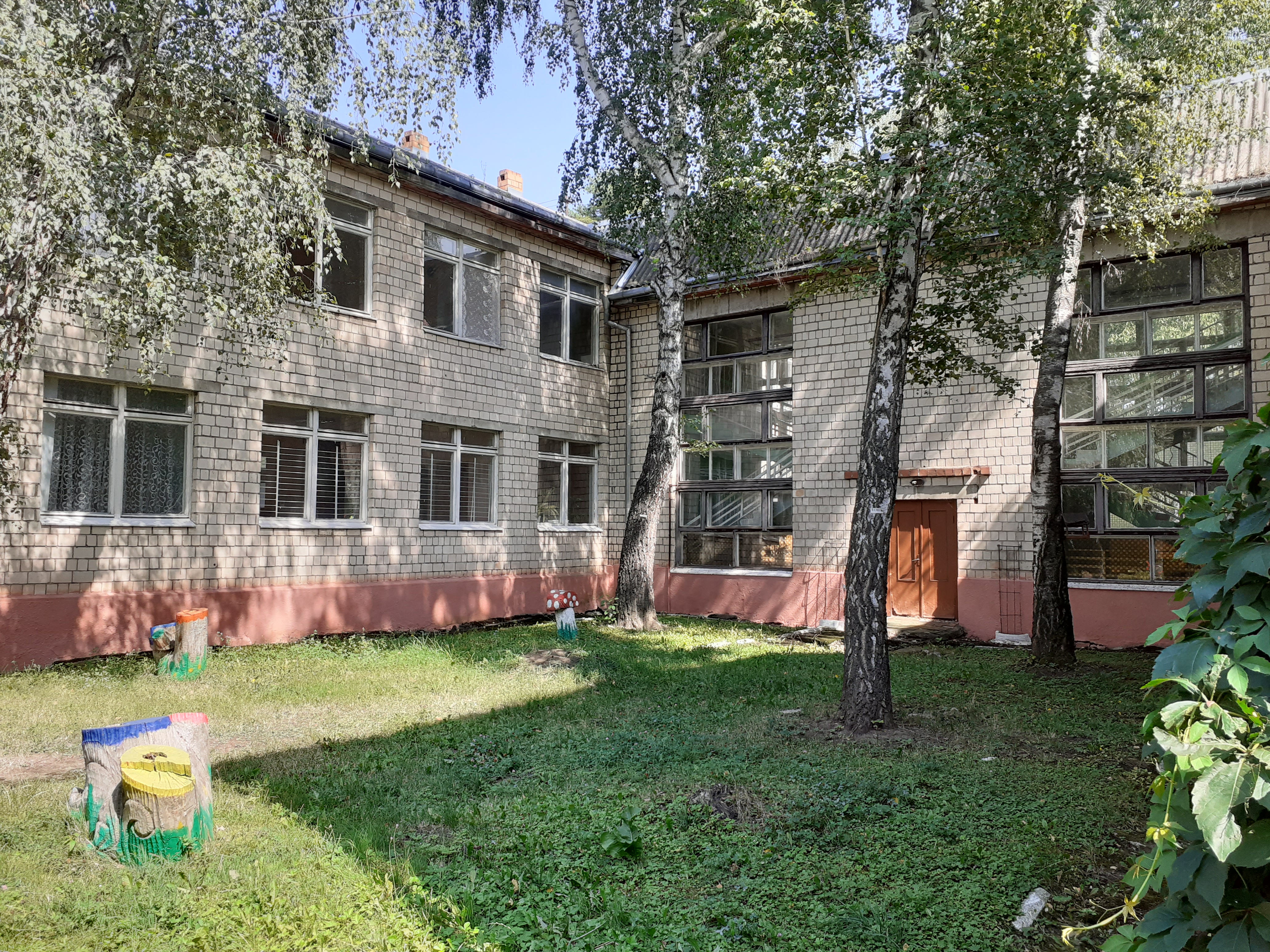
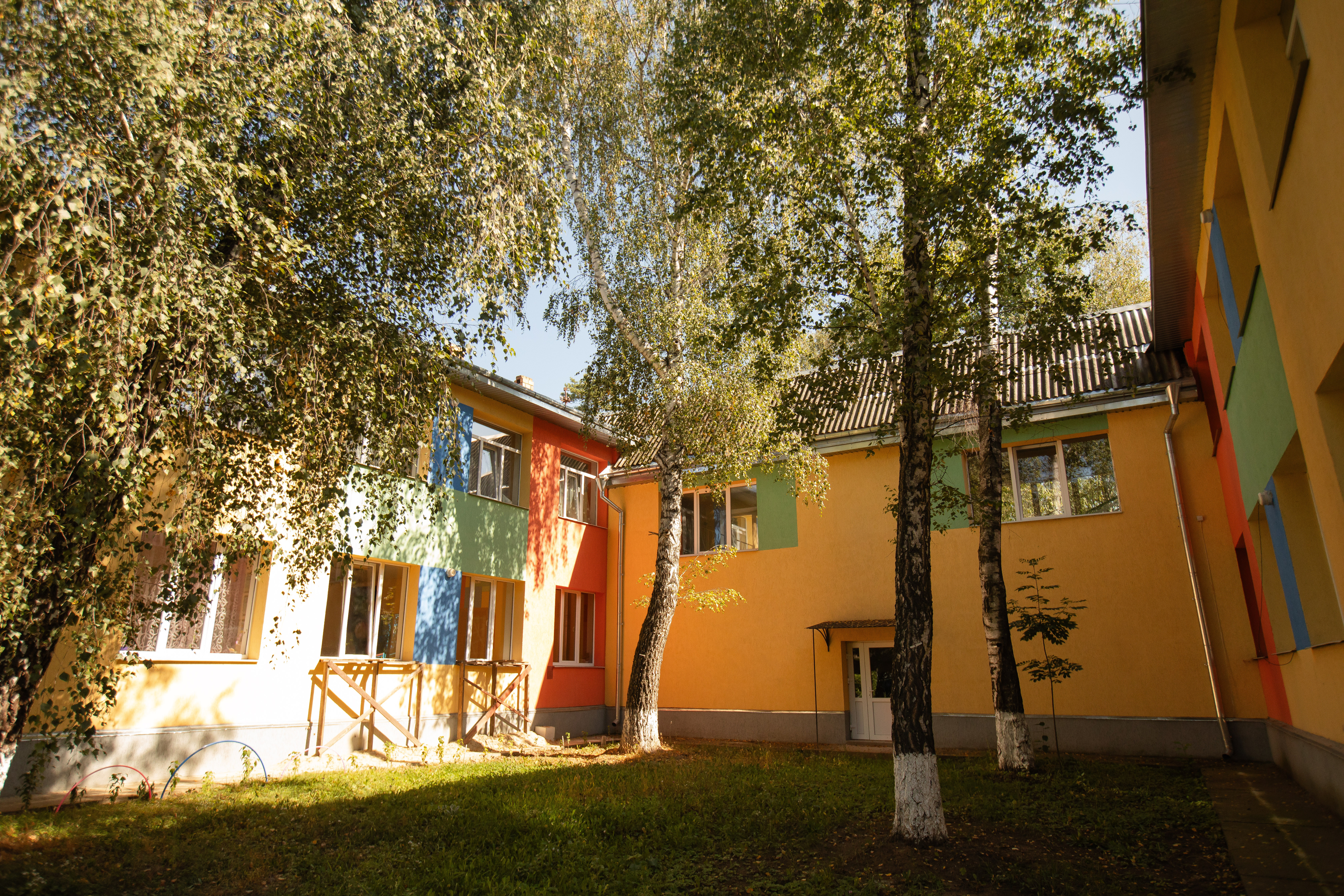
Photos from before and after project implementation at a daycare centre. Photos: Nefco
The project was co-financed by a Nefco loan of EUR 4.4 million, the Eastern Europe Energy Efficiency and Environment Partnership (E5P) grant funding of EUR 3.8 million, and a local contribution of EUR 2.6 million—totalling EUR 10.8 million. Sweden, a longstanding partner to Ukraine, provided technical assistance.
“We at Nefco are glad to have supported the implementation of such a broad and impactful energy-efficiency project. Since the Russian invasion, it has held extreme importance due to Chernivtsi’s role as a hub for refugees and aligns with our commitment to build back Ukraine greener and better,” says Julia Shevchuk, Chief Investment Advisor at Nefco.
Since the Russian invasion, this project has been very important due to Chernivtsi’s role as a hub for refugees. It also aligns with Nefco’s commitment to build back Ukraine greener and better,”
Julia Shevchuk, Chief Investment Advisor at Nefco
The implemented measures include two main groups: thermal modernisation of building envelopes and replacement of the heating systems. Every facility received a customised approach, with energy efficiency measures tailored for each building to maximise energy savings. In particular, the project involved the insulation of walls, roofs, and floors, facade repair, improvement of ventilation systems and installation of heat recovery ventilation systems and individual heating points. New energy-saving doors and windows were also installed and outdated luminaires were replaced with LED lamps.
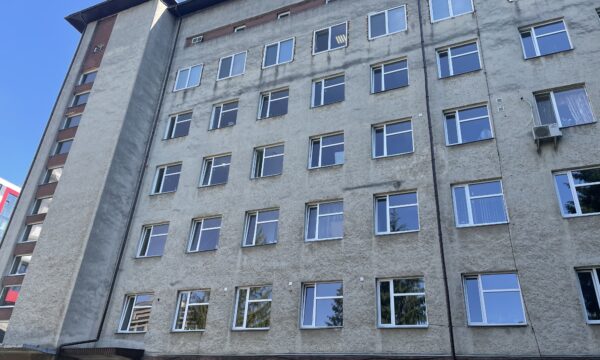
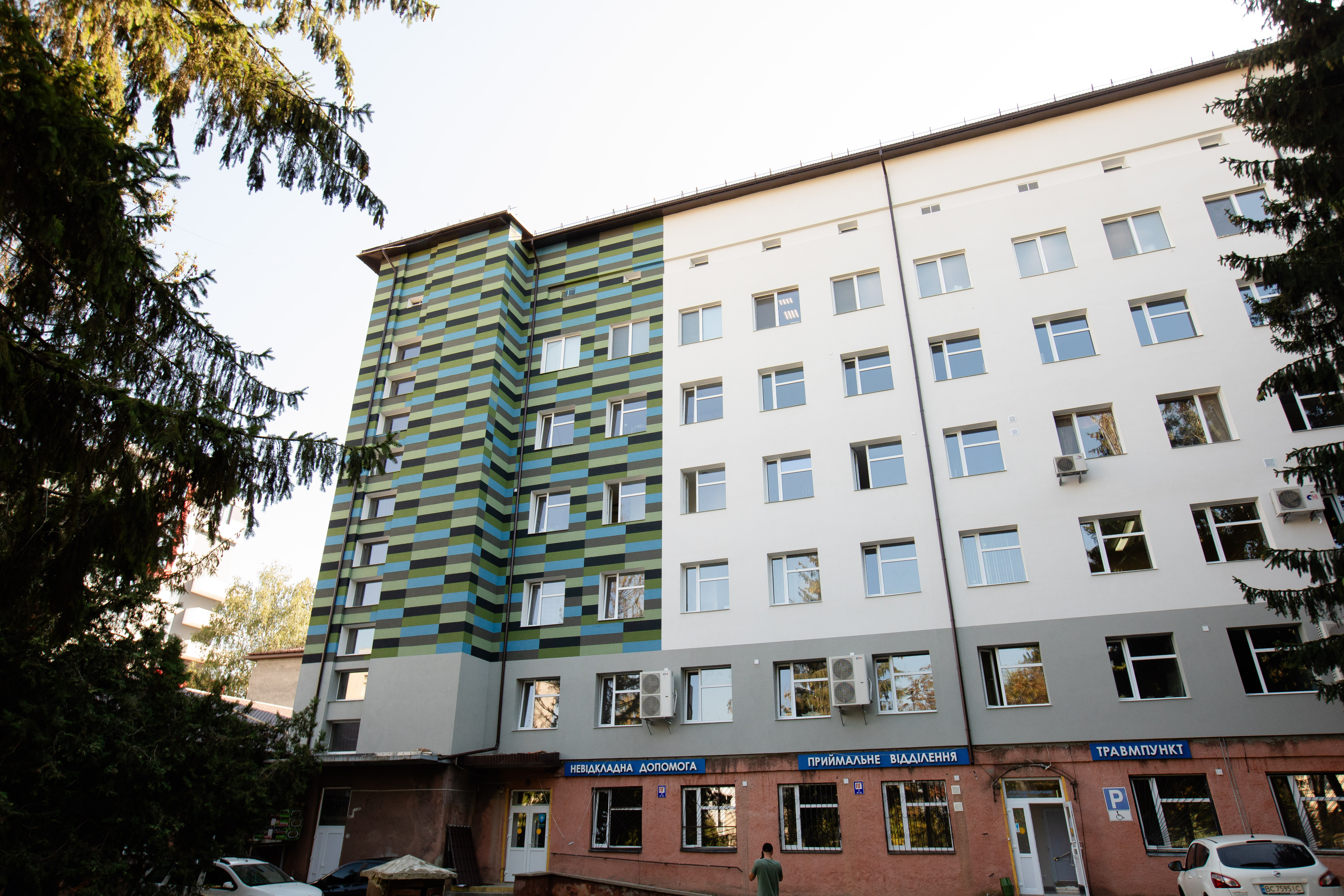
Photos from before and after project implementation at a healthcare institution. Photos: Nefco
Energy efficiency measures make lives better
The project has already brought about significant economic and environmental results. The energy efficient improvements have reduced energy usage, resulting in primary energy savings of 39%. These changes are estimated to save the municipal budget EUR 1.73 million annually.
Beyond numbers, there are direct impacts on human lives. The project has already benefited approximately 17,800 children and staff and 23,000 patients, who now experience a comfortable temperature range of 19–22°C, improved air quality, and better lighting.
Thanks to the project, comfortable conditions have been created for those who study and work in renovated institutions, energy savings have been achieved, CO2 emissions have been reduced, and the environment has been improved
Vasyl Zazuliak, Deputy Mayor of Chernivtsi
Amidst the full-scale war in Ukraine, this impact is even more striking. Following the Russian invasion, Chernivtsi, located near the border with the European Union, became a refuge for thousands of internally displaced persons who fled the war-torn eastern and southern regions of the country. The project strengthened the city’s capacity to welcome these newcomers and provide them access to essential social services.
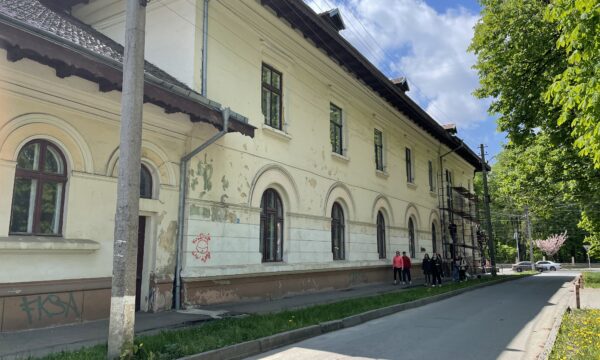
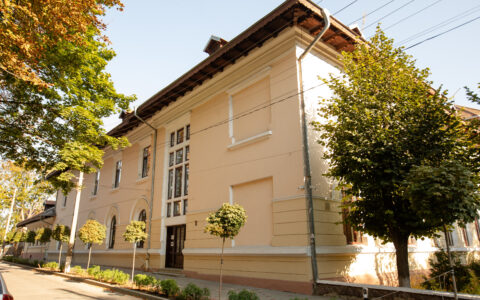
Photos from before and after project implementation at a school. Photos: Nefco
“Since there are 42,000 officially registered IDPs in our community, of whom about 13,000 are children, the importance of the project has significantly increased,” comments Vasyl Zazuliak, Deputy Mayor of Chernivtsi. “Thanks to the project, comfortable conditions have been created for those who study and work in renovated institutions, energy savings have been achieved, CO2 emissions have been reduced, and the environment has been improved.”
Currently, the financing of energy efficiency measures in public buildings in Chernivtsi has been extended and an additional grant has been allocated to another educational facility, set to be completed by September 2024.
For further information, please contact:

Project in short
